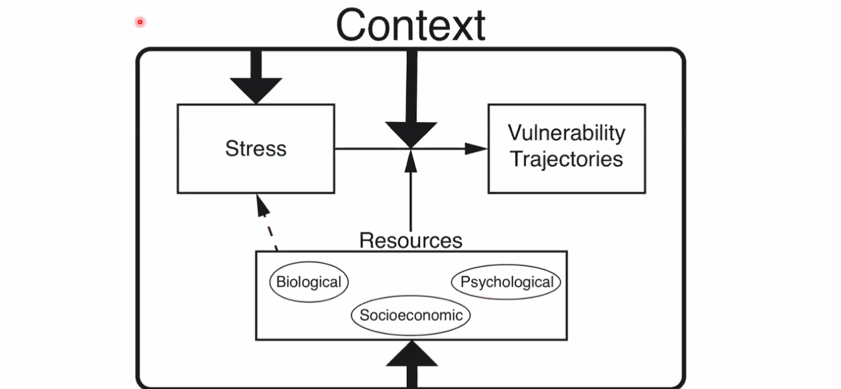
On 9 December 2020, Dan Orsholits defended his thesis and obtained his doctorate, presenting two models for the analysis of life courses and transitions. These are necessary to understand the emergence of vulnerability as well as its long-term evolution. Applying these two models to data from Switzerland and the United Kingdom, Dr. Orsholits analysed the impact of the 2008 financial crisis on unemployment and unstable employment. He shows that taking context into account is essential when studying vulnerabilities.
The financial crisis of 2008 affected the entire Western world. Despite this, the labour market did not create the same situations of vulnerability in all countries. In his thesis entitled Modelling the Dynamics of Vulnerability with Latent Variable Methods, Dr. Dan Orsholits observed gender and education differences in unemployment and precarious employment. In particular, he compared data from Switzerland and the United Kingdom using the latent growth curve method. This method, where vulnerability is modelled as a continuous process, considers complete life trajectories. He found that, although Switzerland has been impacted to a lesser extent, women remain more vulnerable than men in the labour market, particularly with regard to unemployment. In the United Kingdom, people over the age of 45 are less likely to return to work compared to Switzerland.
Dr. Orsholits also applied the latent class method, which highlights transitions between different parts of the vulnerability process. He could show that women were more likely to have unstable jobs than men in Switzerland after the crisis, but in the United Kingdom these chances decreased as a result of the crisis. In Switzerland, in contrast to the United Kingdom, individuals with a high level of education became more likely to be in precarious employment as a result of the crisis.
Vulnerability - a long-term and context-dependent process
 Vulnerability is a concept studied in many scientific disciplines as well as in an interdisciplinary framework. At the LIVES Centre, it is seen as a long-term process that takes place after a person has been exposed to a source of stress. The process of vulnerability is a consequence of the fact that individuals do not have the resources to prevent or minimise negative consequences on their lives. Dr. Orsholits based his doctoral work on this definition. Alongside this framework, it is also necessary to define whether one wishes to observe differences within groups of people (meso level) or for the same individual (micro level), who might react differently depending on the stress to which he or she is subjected. All these elements make vulnerability a complex area of study that merits models which take into account trajectories (longitudinal data), resources (from various fields) and context.
Vulnerability is a concept studied in many scientific disciplines as well as in an interdisciplinary framework. At the LIVES Centre, it is seen as a long-term process that takes place after a person has been exposed to a source of stress. The process of vulnerability is a consequence of the fact that individuals do not have the resources to prevent or minimise negative consequences on their lives. Dr. Orsholits based his doctoral work on this definition. Alongside this framework, it is also necessary to define whether one wishes to observe differences within groups of people (meso level) or for the same individual (micro level), who might react differently depending on the stress to which he or she is subjected. All these elements make vulnerability a complex area of study that merits models which take into account trajectories (longitudinal data), resources (from various fields) and context.
The LIVES Centre offers a doctoral programme which is aimed primarily at doctoral candidates in the social sciences and psychology who integrate a life-course perspective into their work. This program aims to promote courses that lead to quality doctorates within a reasonable time frame as well as professional integration, particularly in academic careers.

